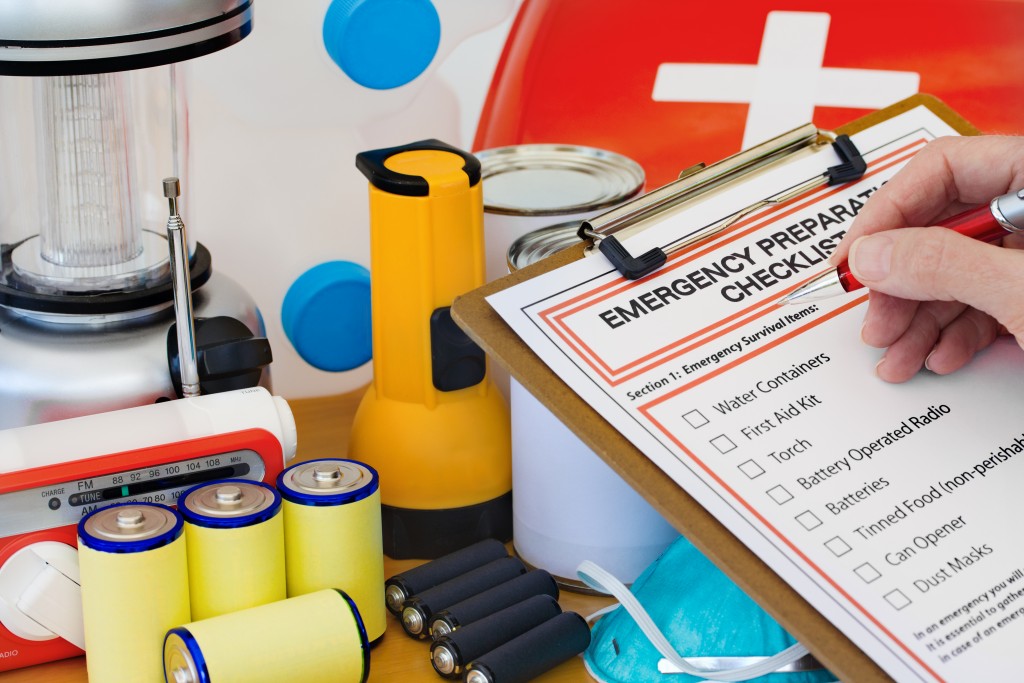As the weather gets hot and dry, the danger of bushfires becomes a natural threat. These infernos can ravage an area in minutes, resulting in damages and loss of property and lives. However, even before bushfire season begins, you can take measures to prevent significant damage to your home and protect your family. Preparing to face this potential peril gives you the advantage and raises your chances of surviving.
Clear your immediate area
If you live in an area with a lot of foliage, it’s a good idea to cut down the brush to clear it. If a fire breaks out, this will mean that it has less fuel to consume. As the foliage gets drier, do routine checks around your home and make sure that there is a wide, clear path between your home and the main route of escape.
Have a Bushfire Survival Plan
Plan for everything, even for things that are unlikely to happen. What if the kids are left alone with a babysitter? What about the pets? When do you decide to leave the house, and where will you go? What will you grab as you leave?
Update the plan when necessary, and make sure that you brief every family member. Make sure that every member of the family knows the plan by heart. Have trial runs often so that they can do what needs to be done even in a moment of panic.
Always keep abreast of local news
This is never so crucial as it is during summer. Secure a radio and tune in every day for updates. If there are neighborhood social media groups, join those, too. There are Twitter groups and Facebook groups that update in real time, which will be helpful in the event of a fire.
Prepare bugout bags

Prepare a bag packed with what you will need to survive for at least a day away from home. If possible, have one for every member of the family. Ensure that each bag is light enough for one person to carry for some distance. Pack only the essentials: a first aid kit, any prescription medications, a change of clothes, important documents and identification, some cash, some trail mix, and a couple of bottles of drinking water.
Secondary supplies include a power bank, a phone, a portable radio, torches, and spare batteries. If you can manage to stash a couple of good-quality fire extinguishers in your vehicle, then do that, too.
Have safety equipment installed
When it comes to fire prevention and firefighting equipment, it is better to have it and not need it than need it and find out that there is none on hand. Make sure to have smoke alarms and a fire pump installed. Have fire extinguishers within easy reach.
Once installed, these items need constant maintenance to perform at peak levels. Don’t forget to do this. It is one of the most important things to do to have the first line of defense against a fire.
These steps may seem simple, so they are usually put off. They’re also sometimes believed to be unnecessary. But these steps can spell the difference between safety and disaster. So do yourself a favor and get cracking with these fire safety tips. Better safe than sorry!
